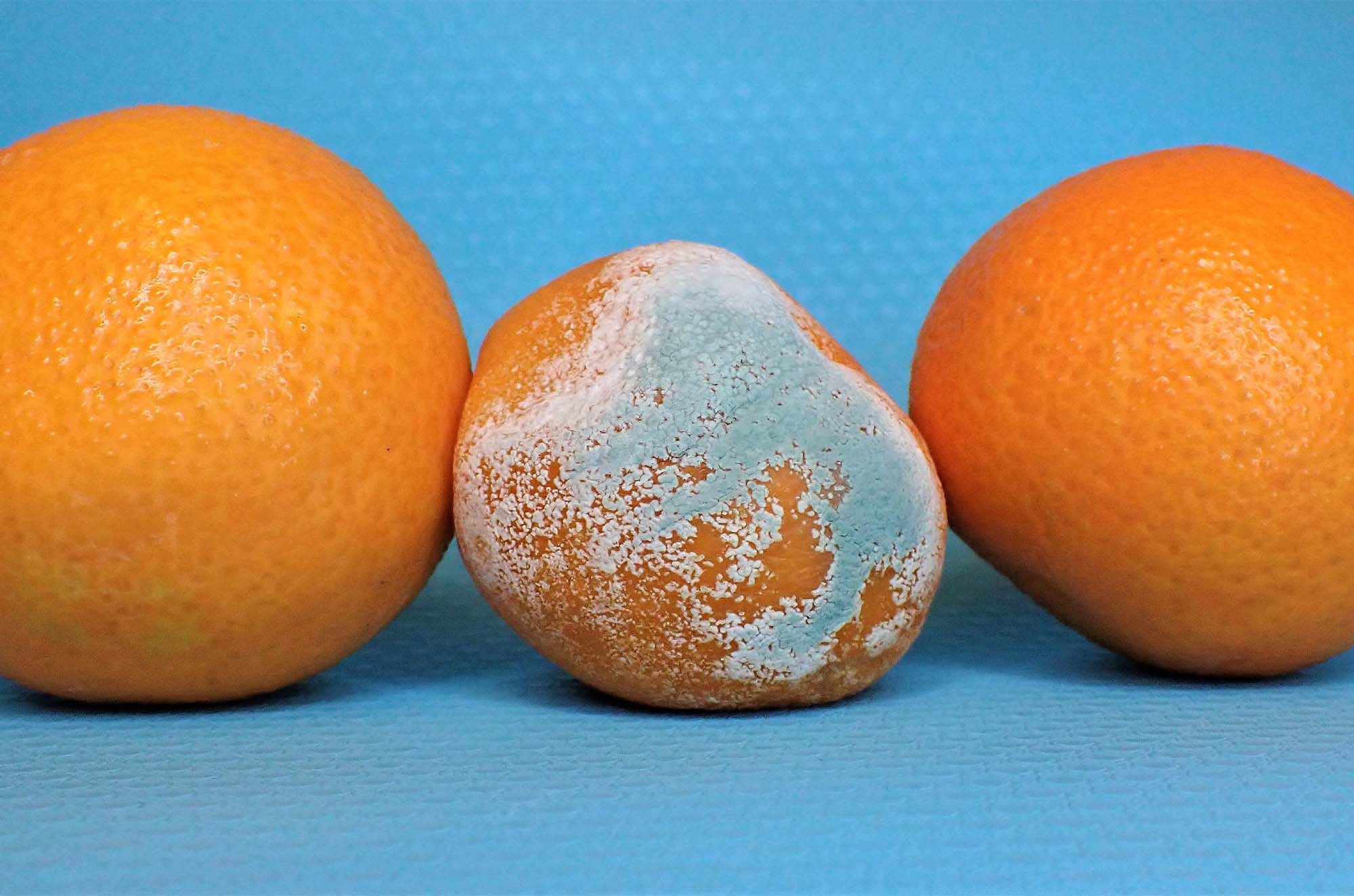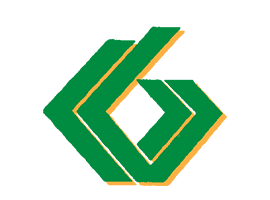The DEC Finalizes the List of Businesses and Institutions Required to Comply with the Food Donation & Food Scraps Recycling Law
By Maria DeKoning
Starting January 1st 2022, Institutions and Businesses throughout the state will be required to recycle or donate all food waste. This law will apply to all businesses that generate an annual average of two tons of wasted food per week. The exact requirements are as follows:
Large food generators must:
- Separate and recycle all remaining food scraps if they are within 25 miles of an organic recycler
- Separate and donate all edible food
What is Food Waste?
Food waste is all food that does not get used for its intended purpose. An estimated 40% of all food generated is wasted throughout the United States, while an estimated 2.8 New Yorkers are food insecure. When food is thrown away, it ends up in a landfill where in decomposes and emits methane. Methane is the second most abundant GHG pollutant after CO2 and makes up for about 20% of total emissions. Even though it is less abundant than CO2, is has 25x the global warming potential of CO2.
The DEC is currently defining food scraps as follows, “inedible food, trimmings from the preparation of food, food-soiled paper, and edible food that is not donated. Food scraps do not include used cooking oil, yellow grease or food from residential sources, or any food identified in the regulations promulgated by the department in consultation with the department of agriculture and markets or ant food which is subject to a recall or seizure due to the presence of pathogens.
Does This Law Apply to Me?
To find out whether your business/institution is included in this law, check out the list of designated food scraps generators provided by the NYS DEC. The DEC defines food scrap generators as “a person who generates at a single location an annual average of two tons per week or more of food scraps based on a methodology established by the department pursuant to regulations, including super markets, large food service businesses, higher educational institutions, hotels, food processors, correctional facilities, and sports or entertainment venues.
The businesses and institutions who are not required by this law to recycle are as follows:
- Intuitions and businesses in New York City (a local law is already in place requiring diversion of food scraps from landfills)
- Hospitals
- Nursing Homes
- Adult Care Facilities
- K-12 Schools
- Farms
Galli Engineering and Food Waste

Galli Engineering is a leader in Anaerobic digestion technologies. Anaerobic digestion is a process that takes organic wastes (such as food wastes) and produces RNG (renewable natural gas). Instead of formulating a plan for new landfills or more proficient incinerators, Galli Engineering has spearheaded multiple projects to divert materials from landfills and incinerators. The goal of these projects is to turn these waste materials into an affordable energy alternative. RNG is sustainable and the cleanest burning transportation tool found on the market today. It is known to burn cleaner since it has a lower carbon content and releases the fewest emissions from all other fuels.
Galli Engineering looks to stay ahead of the difficult issues and to find ways to mitigate them for an easier and healthier life for all. To read more about what Galli Engineering is working on and researching visit the new and improved projects page of our website or give us a call at 631-271-9292.




